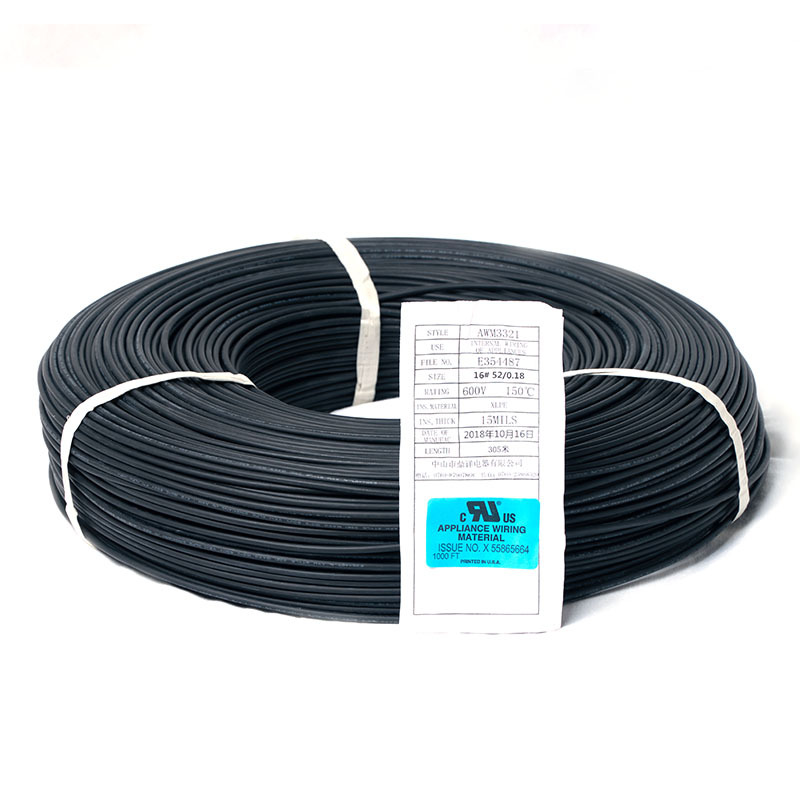When it comes to electrical wiring, two commonly used materials for insulation on wires are Teflon and PVC. While they both serve the purpose of insulating wires, there are notable differences between the two. This article will delve into the dissimilarities and analyze the unique properties and applications of Teflon and PVC wire.
1. Composition and Structure
Teflon wire is constructed using a high-performance polymer known as polytetrafluoroethylene (PTFE). This material consists of fluorine atoms bonded to a carbon chain structure, providing exceptional temperature resistance and non-stick properties. On the other hand, PVC wire is made from polyvinyl chloride (PVC), a widely used synthetic plastic polymer.
2. Temperature Resistance
Teflon wire exhibits outstanding temperature resistance. It can withstand extreme temperatures ranging from -200°C to +260°C without losing its electrical or mechanical properties. In contrast, PVC wire has a significantly lower heat resistance, typically rated up to a maximum temperature of 105°C.
3. Chemical Resistance
Teflon wire possesses exceptional chemical resistance and is unaffected by most chemicals, acids, and solvents. It provides insulation in highly corrosive environments and is commonly used in applications where exposure to harsh chemicals is anticipated. PVC wire, while offering some chemical resistance, is not as tolerant to aggressive substances as Teflon.

4. Flexibility
Flexibility is a crucial factor in many wiring applications. Teflon wire has excellent flexibility, allowing it to be easily routed around corners and through tight spaces. PVC wire, though relatively flexible, is not as pliable as Teflon wire, making it slightly less convenient for certain wiring configurations.
5. Electrical Properties
Teflon wire possesses low dielectric constant and high dielectric strength, resulting in superior electrical performance. It exhibits minimal capacitance, which is ideal for high-frequency applications. PVC wire, while having satisfactory electrical properties, cannot match the efficiency and reliability of Teflon wire in high-frequency and high-voltage applications.
6. Applications
Teflon wire finds extensive usage in industries like aerospace, automotive, and telecommunications, where reliability and high performance are essential. It is commonly employed in high-temperature environments, chemical processing plants, and electronic appliances. PVC wire, being cost-effective and versatile, is widely used in residential and commercial wiring, general-purpose applications, and low-voltage systems.
7. Safety Considerations
From a safety perspective, Teflon wire is considered to be more advantageous due to its exceptional heat and chemical resistance. It has a higher fire resistance rating, emits less smoke when exposed to flames, and generates minimal toxic gases. PVC wire, though meeting basic safety standards, is more susceptible to melting and releasing harmful gases when subjected to intense heat.
Conclusion
In summary, Teflon and PVC wires differ significantly in their composition, temperature resistance, chemical resistance, flexibility, electrical properties, applications, and safety considerations. While Teflon wire excels in extreme temperature and chemical environments and is widely used in demanding applications, PVC wire offers versatility and affordability, making it suitable for general-purpose usage. Understanding the distinctions between these two types of wire is crucial in selecting the appropriate material for any specific wiring project.


